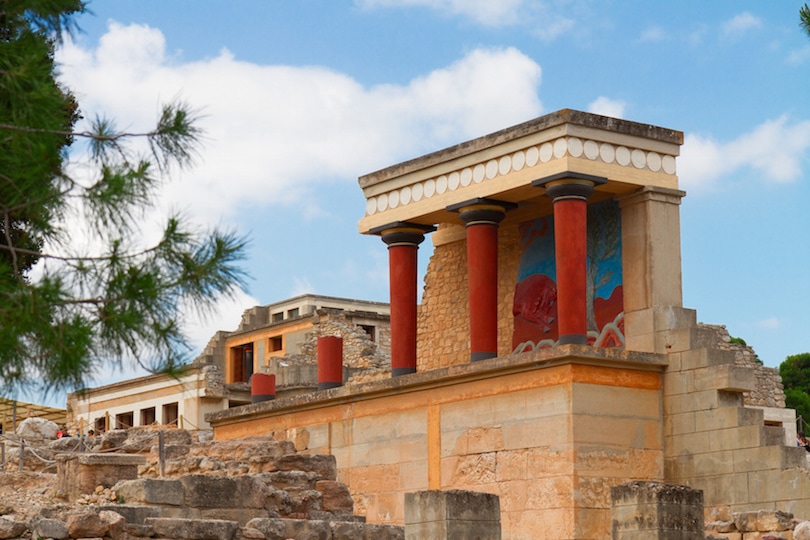
According to new evidence, the ancient Minoan civilization was not killed off due to a natural disaster, such as an earthquake, tsunami, or volcano, with archaeologists finding new evidence on ancient tablets that suggests they may have been taken over rather than wiped out.
Archaeologists say the ancient tablets discovered on Crete, where the Minoans lived, suggest people from the Greek mainland may have taken over. These writings have been studied for decades and prove there was still life in Minoan settlements for years after they were thought to have died out.

The Minoans thrived between 2700 B.C. and 1450 B.C., and scientists had not found any evidence of their existence after 1100 B.C. It has long been believed that the volcanic eruption in Thira wiped them out, around 1600 B.C.
Colin MacDonald, an archaeologist at the British School in Athens, told Haaretz, “Thira’s eruption did not directly affect Knossos. No volcanic-induced earthquake or tsunami struck the palace which, in any case, is 100 meters above sea level.”
Evidence was found that in 1450 B.C. there was quite a bit of destruction on the island of Crete which could have been the result of an earthquake, although MacDonald says it wasn’t enough to destroy the civilization. “Earthquakes were not ‘game changers’, but often spurred the authorities to try something new. The earthquakes were important in terms of architectural change, but not of cultural discontinuity.”
The new research suggests it’s very possible the Minoans were taken over by another civilization and may have been attacked by the Mycenaeans, the first people to speak the Greek language and they flourished between 1650 B.C. and 1200 B.C.
Archaeologists believe that the Minoan and Mycenaean civilisations gradually merged, with the Mycenaeans becoming dominant, leading to the shift in the language and writing system used in the ancient city.
This new evidence also suggests that the Mycenaeans established their own trading hubs, like the large settlement at Phylakopi, on the island of Milos and made the Greek language the common tongue of the Aegean economy.
*Source: Haaretz

